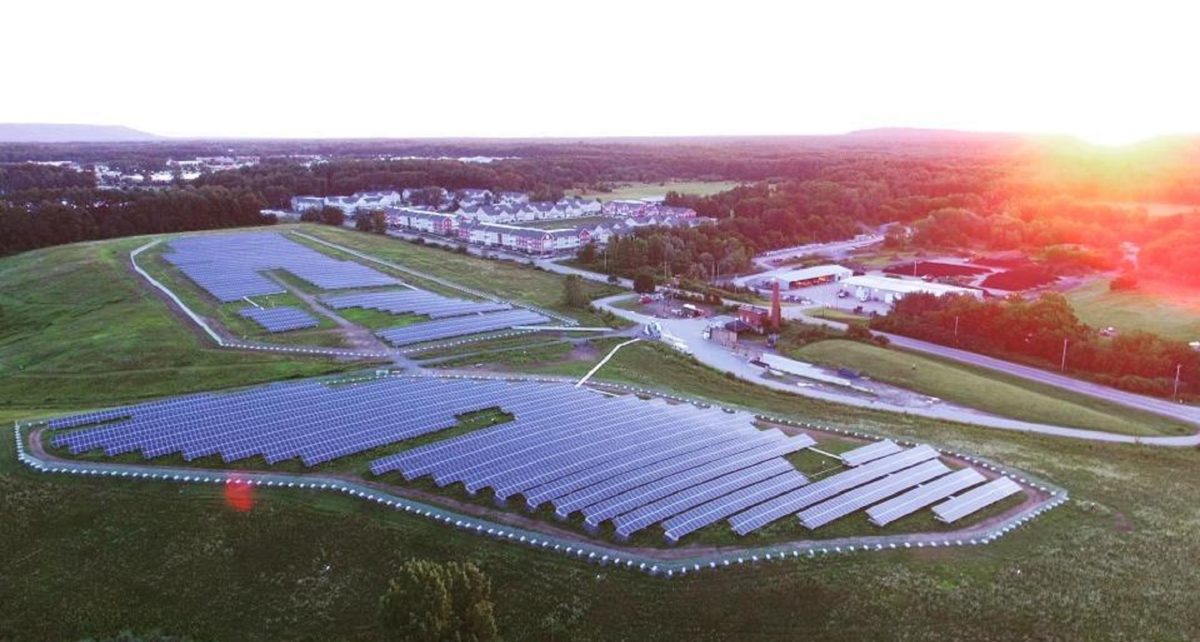Originally posted on pv Magazine USA.
kWh Analytics and Swiss Re have structured a deal with GCL New Energy and PNC Bank for 50 MW of solar projects financed using the Solar Revenue Put to guarantee 95% of solar generation.
The basics of the Solar Revenue Put are this: You, the sunlight farmer generating electricity, have built a machine that you believe will deliver a certain amount electricity. kWh Analytics, and its insurance company business partners, will offer to buy that electricity – and will even pay if you don’t deliver it – because they trust your farming skills and the hardware you bought. And while there will be a payment by you the farmer, kWh Analytics estimates that you will save up to 5¢ per watt on finance fees because of their guarantee to buy, yielding you a net profit.
And now kWh Analytics is signing up megawatts under this model. The company has signed a deal for four projects totaling 50 MW in Oregon with GCL New Energy and PNC Bank.
In kWh Analytics’ documents on its Solar Revenue Put (PDF), the company focuses on a specific finance benefit gained by a put – and that’s increasing the amount of cash a bank will loan against a project’s value due to trust of that project’s output. kWh Analytics says some of their their current financing opportunities are now above 90% of project costs, with the aim being a 1.10x debt service coverage ratio (DSCR).
The company suggests that portfolios supported by the put are increasing their DSCRs, on average, by 10%.
To a degree, we’re insuring our trust in the sunrise.
More technically speaking, kWh Analytics defines the Solar Revenue Put as a credit enhancement that guarantees up to 95% of a solar project’s expected energy output. The policy has been risk capacity rated as an investment grade portfolio by Standard and Poor’s. Specifically noted, the insurance covers “shortfalls in irradiance, panel failure, inverter failure, snow, and other system design flaws.”
The policies last up to ten years and are managed by Kudos Insurance Services, a fully owned subsidiary of kWh Analytics.
And even if you’re not getting a higher loan rate ratio, just the fact that you can get another form of solar generation insurance is a tool that a salesperson can use to sell to a business owner, and a business owner can use for getting a loan. In this way it is another symbiotic element in the growth of an economic ecosystem surrounding the solar power industry.
We are in a new world of finance for solar power. More money, globally, was invested in solar power projects in 2017 than coal, gas and nuclear power. Dividend Financial got the industry’s first AA rating. Solar assets are part of AAA rated portfolios. And Sunrun’s first securitized portfolio showed 98.4% of assets performing.


